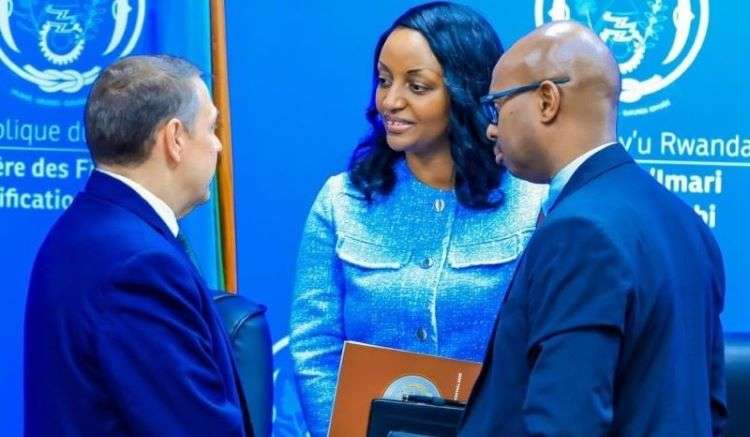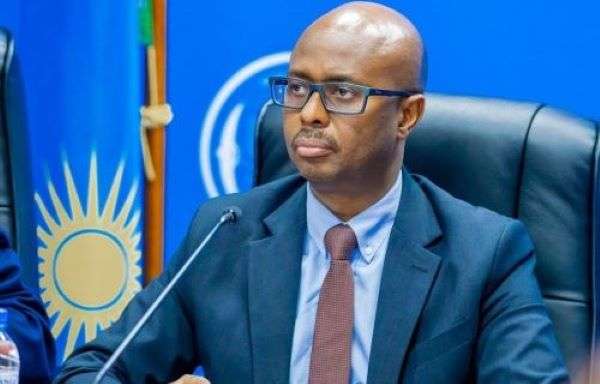In a bold move reflecting confidence in its economic trajectory, Rwanda has announced a significant 21% increase in its national budget for the 2025/2026 fiscal year.
The proposed budget stands at Rwf 7.03 trillion (approximately $5.01 billion), up from Rwf 5.82 trillion in the previous fiscal year.
Finance Minister Yusuf Murangwa presented the Budget Framework Paper to Parliament on May 8, emphasizing the government’s commitment to sustainable growth and development.
The budget aims to bolster key sectors such as infrastructure, energy, water supply, and information and communication technology, which are pivotal for stimulating economic growth and employment.
The funding strategy for the budget reflects a shift towards greater self-reliance. Domestic revenues are projected to contribute Rwf 4.11 trillion, accounting for 58.4% of the total budget. Foreign loans are expected to cover Rwf 2.15 trillion (30.6%), while external grants are projected at Rwf 585.2 billion (8.3%).
This approach, according to Minister Murangwa, underscores Rwanda’s intent to reduce dependency on unpredictable external support, especially in light of potential reductions in donor aid due to geopolitical tensions.

To enhance domestic revenue, the government plans to implement 14 tax reforms over the next five years, aiming to broaden the tax base and improve compliance. These reforms are expected to generate approximately Rwf 350 billion over five years, translating to an average of Rwf 70 billion annually.
The budget allocation also indicates a focus on long-term investments. Recurrent expenditure is set at Rwf 4.40 trillion (62.5% of the budget), covering salaries for civil servants, education, healthcare services, and maintenance of government operations.
Meanwhile, Rwf 2.64 trillion (37.5%) is earmarked for development projects and capital investments, targeting infrastructure and other key sectors.
This fiscal strategy comes at a time when Rwanda’s economy is projected to grow at a slower pace. The Finance Minister announced an expected growth rate of 7.1% in 2025, down from 8.9% in 2024. However, growth is anticipated to rebound slightly to 7.5% in 2026. The economy’s resilience is attributed to its reliance on agriculture, tourism, and manufacturing sectors.
Analysts view Rwanda’s increased budget as a statement of stability and strategic independence amid diplomatic turbulence. By prioritizing domestic revenue mobilization and carefully selected foreign partnerships, the government aims to maintain economic resilience and continue its development trajectory, despite external pressures.
The final version of the 2025/2026 budget is scheduled to be presented in June, aligning with budget presentations from other East African Community member states. As Rwanda navigates complex global dynamics, its bold fiscal approach signals a commitment to sustainable growth and self-reliance.
